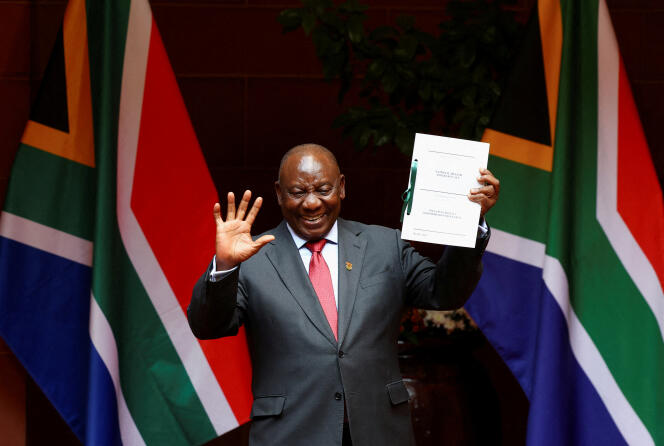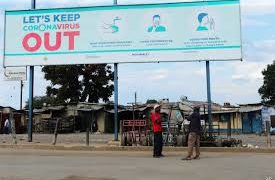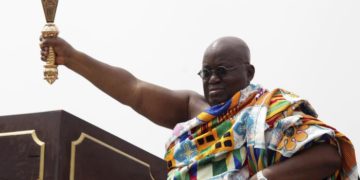The president of South Africa, Cyril Ramaphosa has finally approved a controversial new law that critics say will lead to the biggest shake-up in the health sector since the end of the racist system of apartheid 30 years ago.
The National Health Insurance (NHI) scheme advocates the creation of a state fund to cover the medical costs of all South Africans – most of whom are not currently covered.
The fund promises universal health care for all, but has faced fierce resistance from the main opposition Democratic Alliance (DA), which has accused the president of signing the “death warrant” of health care in South Africa.
However, the government of South Africa says with the insurance, everyone will be able to “access public or private NHI-contracted GPs, clinics or hospitals closest to them, and not worry about the cost of care”.
The government says such treatments will include emergency services, mental heath services, palliative care and rehabilitation services.
Mr Ramaphosa says the NHI is an “important instrument to tackle poverty”.
“The rising cost of health care makes families poorer. By contrast, health care provided through the NHI frees up resources in poor families for other essential needs. The NHI will make health care in the country as a whole more affordable,” he adds, in comments posted on X, formerly Twitter, after he signed the bill into law.
According to an explainer on the parliamentary website, South Africans will no longer be required to contribute directly to a medical health scheme to get quality health care”.
Once the NHI scheme is fully implemented, “the role of medical schemes will change as they will provide cover only for services not reimbursable by the NHI Fund”.
























